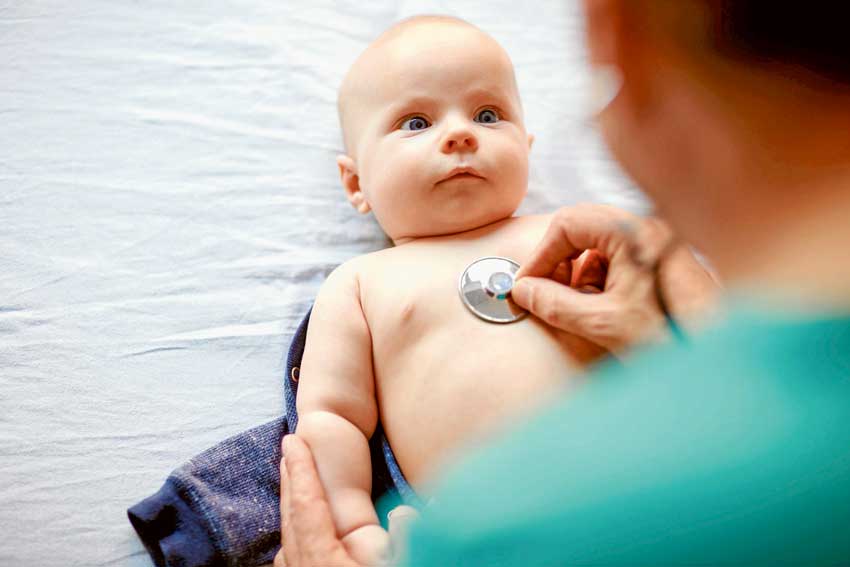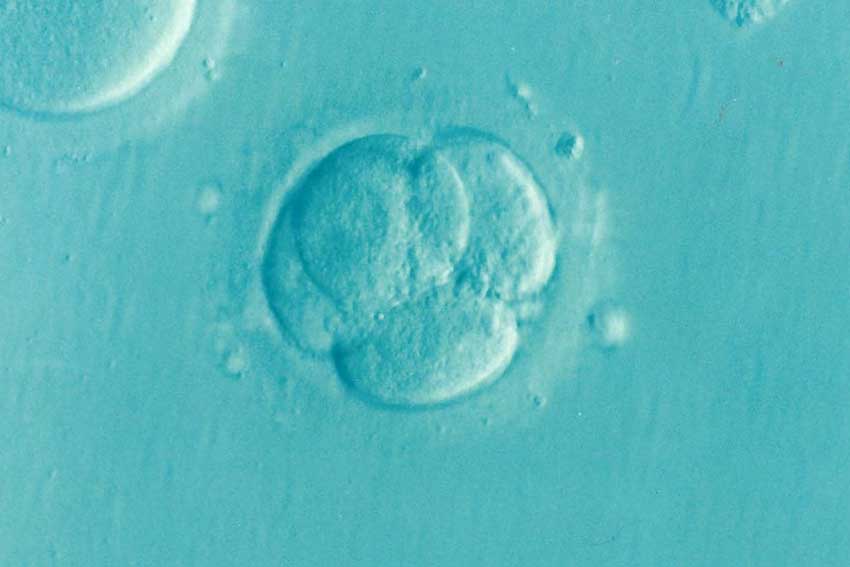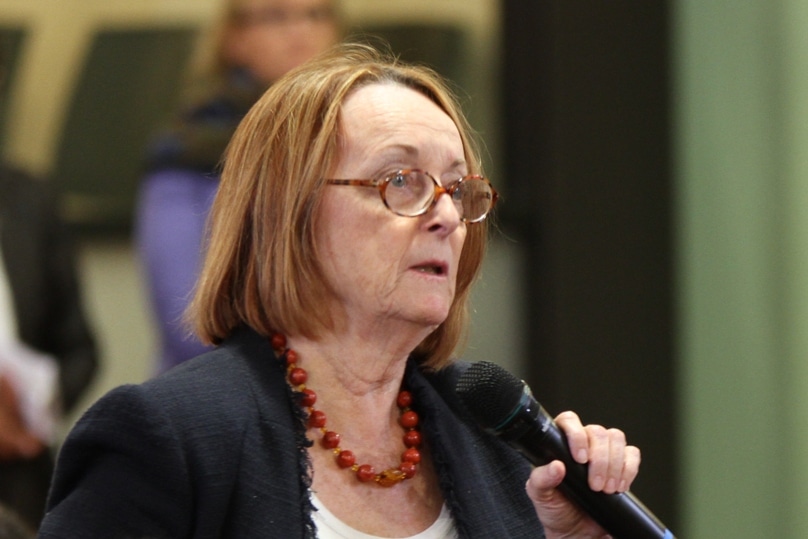
Ethicists are concerned at the possibility that so-called ‘three-parent IVF’ could one day become legal in Australia.
A discussion paper by the National Health and Medical Research Council has outlined the scientific and moral considerations of mitochrondrial donation – including a process in which healthy DNA from two women’s eggs are combined to lower the risk of certain genetic conditions passing from mother to child. The technology includes the creation of embryos using DNA from two women and a man.
The UK made the procedure legal in 2015. The first child resulting from the process was born in 2017 to an Israeli couple who had lost previous children to Leigh Syndrome. A second was reported to have been born in Greece in April.
NHMRC chief executive officer Anne Kelso told media that it was not known how safe the technology is as there is little information on it from around the world. “For some other people the technology will present moral challenges,” she said.
Last year Australia’s Senate recommended changing the cloning act and the embryo research act to allow the procedure.

The Federal Government has asked the NHMRC to undertake expert and community consultations on the issue to assess Australians’ views on the social and ethical effects of a law change. Submissions can be made at online.nhmrc.gov.au.
Rev Dr Joseph Parkinson, director of Perth’s L J Goody Bioethics Centre, told The Catholic Weekly that “very little was known about the long term effects of the procedure” and it raised the question of whether the desire for a genetically-related baby should be allowed to override the unknowns about the technology.
“In theory if all of the assumptions made by the scientists are true it would work, but some of the assumptions don’t stand up, and the second thing is that in the long term we don’t know what effects this will have on the future germline [genetic material which is passed on to descendants],” he said.
“The popular wisdom is that the mitochrondria are only passed on by the mother, but there is some evidence that it can also be inherited by the father.
“We actually don’t know a lot about it.”
Dr Parkinson was also concerned that there is a “strong push” to stop calling it three-person IVF.
“That raises the question of what rights does a child have to know about his or her genetic inheritance,” he said. The alternatives, adoption or donation of IVF embryos which would otherwise not be given life, are much safer Dr Parkinson said.
“This just takes IVF to another level of complexity and if we are meant to place the interests of the child at the centre of the process, well this just makes it so much harder for the child,” he said.
“The question to ask is whether this technology is another example of putting the rights of adults ahead of the rights of children?”
Expert committee member Fr Kevin McGovern, an ethicist at Melbourne’s Catholic Theological College, told media he was uncomfortable with the prospect of mitochondrial donations and that egg donations were a simpler and more certain way for affected women to have children free of genetic risks.
“The primary benefit is for the mother who has a child which is genetically her own: the primary risk is to the child, who runs a risk of still being affected by mitochondrial disease,” he said.
University of Notre Dame Australia Professor of Bioethics Margaret Somerville said that the proponents of the technology use “concealing and euphemistic language” to describe what is involved.

“So, for example, they point out that we approve of organ transplants to save lives and argue that mitochondrial replacement is just a transplant of a very small amount of genetic material to save the life of an embryo,” she said. “They fail to recognise that in contrast to other transplant situations the existence of the embryo with defective [genetic material], thus needing a transplant, was intentionally created.
“They also downplay the impact of mtDNA arguing that it just facilitates the development of the embryo and does not determine the resulting human being’s fundamental features.”
The Director of the Sydney Plunkett Centre for Ethics Dr Bernadette Tobin said that many people born of anonymous sperm donation are now convinced that they were “grievously wronged” in the circumstances around their conception.
“We should learn from that experience and not assume that a child born from an embryo containing the DNA of three people would have consented to this arrangement,” she said.
Online submissions allowing members of the public to have their say about mitochondrial donation are open at www.nhmrc.gov.au/mito until 29 November.
Related article:
